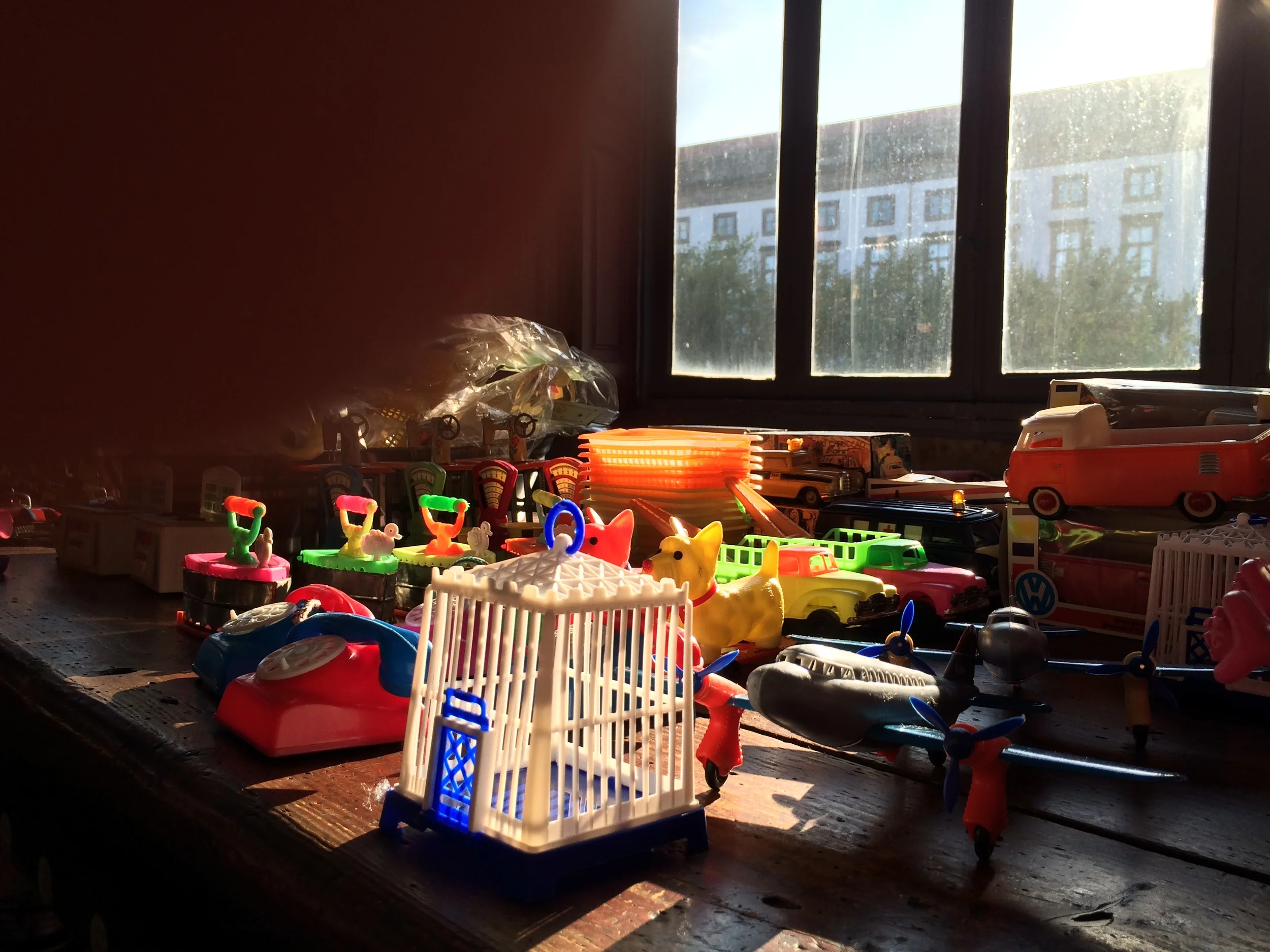Published in January 2016 - Originally published in Medium
These last months, I have been discussing with some friends a lot about this “smart” everything and “smart” everyone trend. I’m not sure if it’s a matter of semantics or basic human principles but I feel we are losing what makes us human.
Why do I think “smart” is wrong? First of all, because becoming “smart” assumes we were dumb before, which is so unfair and not true. Second, because I think that instead, we are becoming dumber and dumber. We have stopped enjoying a view, a concert or a meal just to twitter/facebook/instagram it right away. We have become less social in real life, to over share in the virtual life. We are creating fake images of ourselves, just to look cool or even worse, “smart”. I always say we live with contradictions, but this is getting worrying, don’t you think?
A smartwatch, with a battery that lasts one day (or five, for some «smart» activity trackers like my Fitbit) and that relies on a smartphone all the time (that is, our watch that is a smartphone’s notification center in our wrist) is not smart at all.
Learning how to speak a language that we developed to communicate with machines that WE created…is not smart. If we are the most “superior and smart” species, shouldn’t machines speak OUR language?
We are in this race of making everything “smart” (call it a phone, a city, a bed, a car, a thing) but we are not asking why things should be smart. We are connecting things because we can and not because that way they will become more useful and will solve our problems.
I just think we need to rethink what we mean and how we want the world to become. Not tomorrow, but today. As we found in our research, people don’t want to be smart, but to have good access to services, be happy, be safe, overcome hard situations, enjoy good moments, work in something that matters to them, etc.
We don’t want smart cities, but livable and lovable places. “Smart” has become just a marketable term that doesn’t care about people. “Smart” has become synonymous of efficient and cost saving, when our happiest moments are totally inefficient: When was the last time you had a nice chat with someone? Was it in a rush? Was there a plan and a critical path to make it efficient? Or was there just a chat because you care about that person?
Maybe this is an idealistic and naïve point of view. Maybe I’m losing my business and market perspective. Maybe I’m too concerned about the world we are creating for the next generations. Maybe I’m becoming too human. Maybe, I’ve become too dumb.
@luiseduardodejo
PS. These conversations have happened randomly and in a very inefficient and not “smart” at all way with Javi, Carlos, Marco, Ricardo, Oscar, Rafa, Quino, Paula, Paco, Javier, Pablo, Sandra, Antonio, Antonio, Carlota, Manu, Victor, Golden, Pamela, Ane, Bert, Ana, Sergio, Bea, David, Alicia, Jose, Andre, Elena, Ana, Aitor, Paloma, Elvira, Nathalie, Jorge Luis, Daniel, Ramon, Pilar, and even mom and dad!
